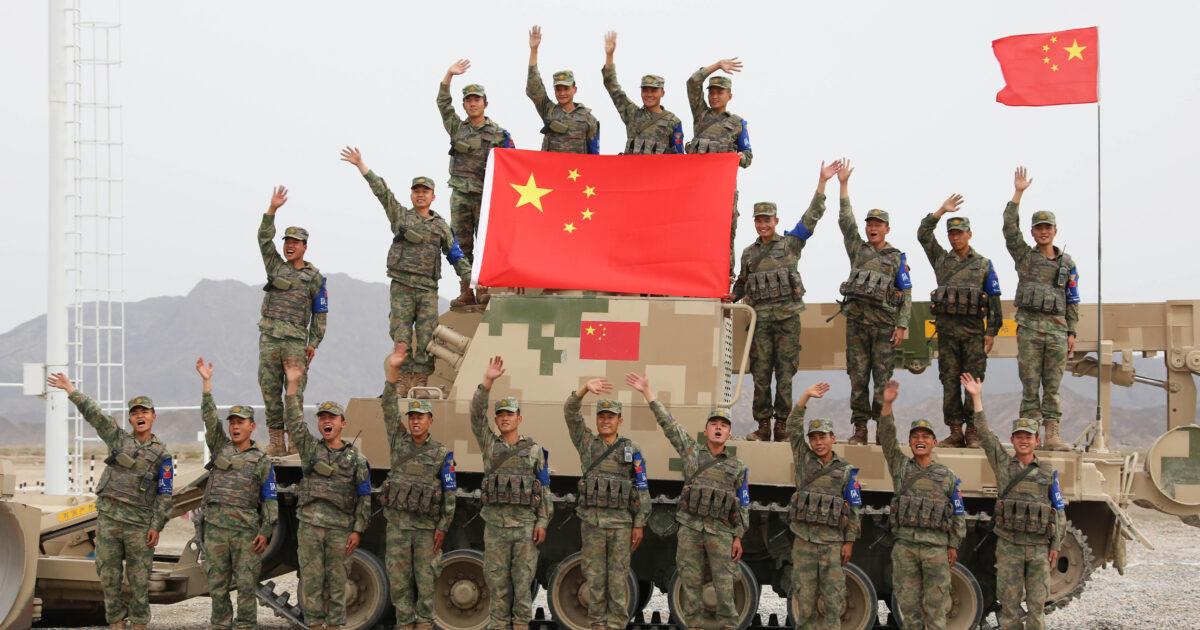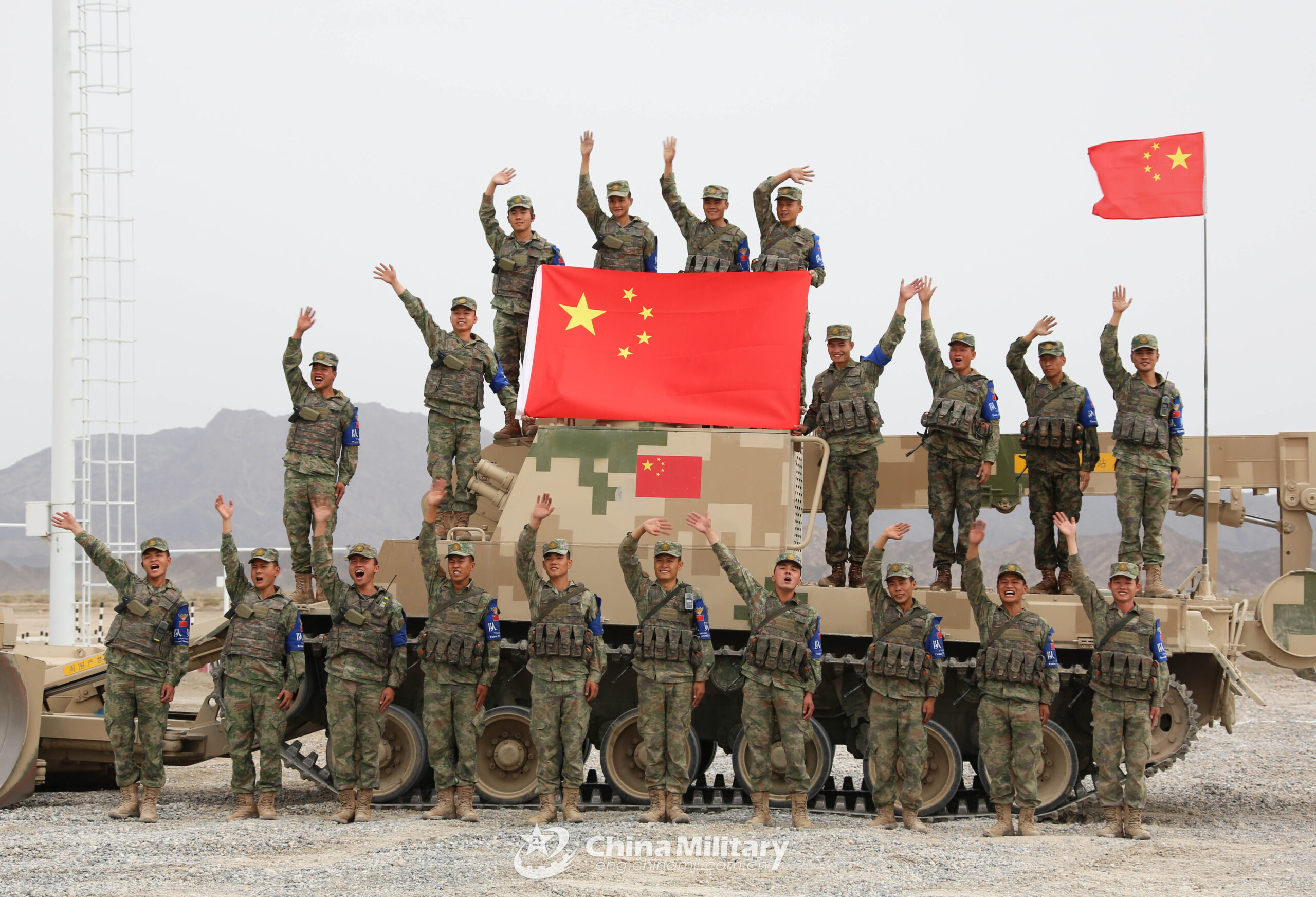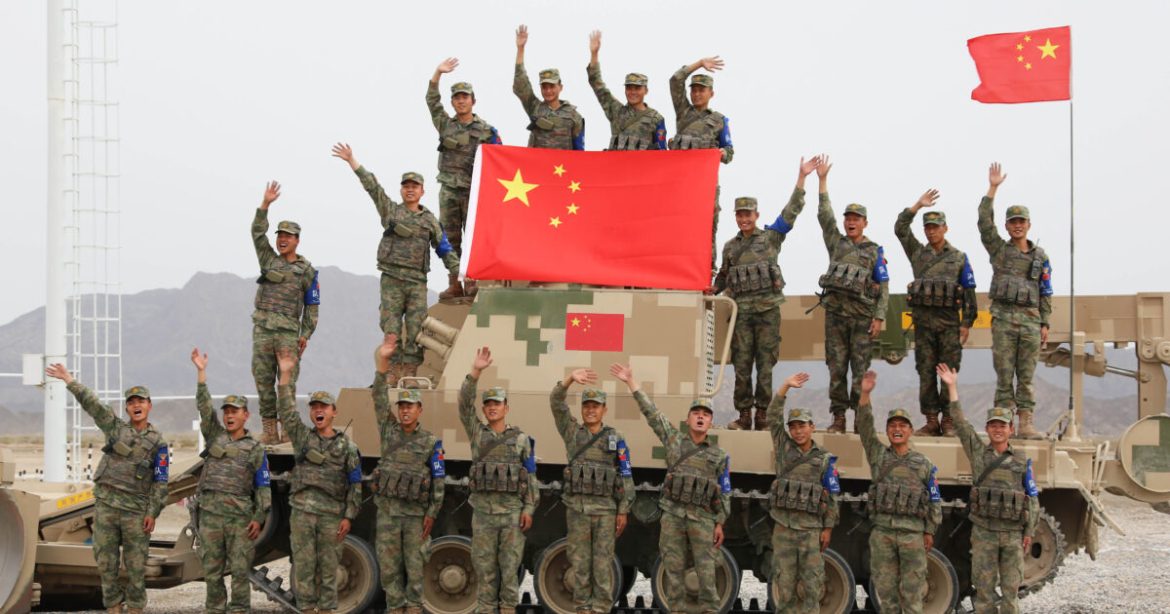

Given the content of China’s new national security white paper, Beijing is likely to perceive U.S. tariffs and the cancellation of student visas as ideological attacks on its political system, not just policy decisions, and may retaliate with countermeasures such as cyberattacks, sanctions, or crackdowns on U.S.-linked entities in China.
The Chinese Communist Party has released a new national security white paper asserting that security is essential to development and openness, while warning against foreign interference and ideological threats. The document emphasizes rule of law with “Chinese characteristics” and reaffirms the Party’s zero tolerance for external pressure or attempts to undermine its political system. In this context, “external threats” almost always refer to the United States, signaling that China views U.S. resistance to its effort to reshape the international order as a direct challenge to its security.
The new white paper, China’s National Security in the New Era, roots Xi Jinping’s concept of comprehensive national security in 5,000 years of Chinese civilization and strategic culture. Unlike the U.S., which regularly issues national security strategies, this is China’s first official attempt to define a unified framework, possibly foreshadowing an internal five-year plan for 2026–2031. This shift in planning and public messaging suggests that the PRC is signaling a heightened sense of urgency, possibly indicating that preparations for a future conflict over Taiwan, or even direct confrontation with the United States, are moving closer to a predetermined timeline.
For over a decade, China has viewed U.S.-led multinational security alliances, especially NATO (a defense alliance) and newer coalitions like AUKUS (Australia, the UK, and the U.S.) and the Quad (the U.S., Japan, Australia, and India)—with suspicion and likely envy. While Beijing is deepening ties with pariah states such as Afghanistan, Russia, and Iran, it maintains only one formal defense treaty, with North Korea. In contrast, the new white paper promotes the PRC’s Global Security Initiative (GSI) as an alternative to Western frameworks. Introduced by Xi Jinping in 2023, the GSI outlines China’s vision for reshaping global security governance by rejecting bloc politics, unilateralism, and Cold War thinking.
Ironically, while accusing the U.S. of forming exclusive blocs, Beijing portrays its own initiatives, GSI, Belt and Road, BRICS, the Shanghai Cooperation Organization, and partnerships with adversaries like Russia and Iran, as inclusive and rule-based. Beijing also claims that the GSI positions China as a stabilizing force, encouraging bilateral and multilateral cooperation, especially in the Global South, and calling for peaceful conflict resolution, major power restraint, and enhanced global collaboration on climate, cybersecurity, and non-proliferation.
In reality, the GSI is a first step toward forming a Beijing-led equivalent of NATO—one whose weapons would ultimately be aimed at the United States. However, China struggles to build true alliances due to widespread mistrust and its numerous territorial disputes. While many nations have welcomed Chinese investment, trade, and development loans, few are willing to enter into binding security arrangements. Security agreements remain a lower tier than defense pacts, and even China’s closest economic partners, such as Cambodia, Laos, and several African states—have refused to sign defense cooperation agreements that might include aid or joint training.
Still, the global landscape is fluid, and Xi Jinping hopes these softer arrangements will evolve into full-fledged defense alliances. Yet, he remains pragmatic. A defense pact with Afghanistan could entangle China in regional instability, while one with Pakistan risks direct conflict with India or jeopardizing trade ties. For these reasons, GSI may ultimately prove to be a short-lived effort, much like the Shanghai Cooperation Organization or the now-diminished Belt and Road Initiative. Nonetheless, the GSI remains a development the United States must monitor closely.
A central theme of the white paper is the elevation of political security, defined as safeguarding the Chinese Communist Party’s (CCP) leadership and the socialist system—as the “lifeline” of national security. This framing makes clear that maintaining one-party rule is not merely ideological doctrine but a core security priority. Political security is presented as the foundation for all other forms of security, reaffirming the CCP’s demand for ideological conformity, suppression of dissent, and strict control over cyberspace through early risk detection and Party cell networks.
Internally, this justifies intensified surveillance, censorship, and repression of civil society, religious groups, and any perceived opposition. The fusion of state and party means that challenges to CCP authority—whether from ethnic minorities, dissidents, academics, or tech entrepreneurs, are treated as national security threats. Externally, the concept blurs the line between foreign policy and domestic stability, as the CCP views Western democratic values, civil liberties advocacy, and even academic exchanges as potential channels of ideological infiltration.
Under the framework outlined in China’s new national security white paper, U.S. tariffs and the cancellation of Chinese student visas are unlikely to be viewed as routine policy decisions. Instead, they will be interpreted as deliberate threats to China’s political security and national sovereignty. The CCP sees economic pressure, especially in strategic sectors, as part of a broader U.S. effort to contain China’s rise and destabilize domestic confidence in Party leadership.
Similarly, restricting student visas, particularly for those in advanced science and technology fields—will be framed as an attempt to block China’s access to knowledge, isolate it internationally, and prevent ideological infiltration. These actions, while administrative in nature from a U.S. perspective, fall squarely within the white paper’s definition of ideological warfare. As a result, Beijing may respond not just economically or diplomatically, but with national security countermeasures, such as cyber retaliation, sanctions, or increased repression of U.S.-linked institutions within China.
The post ALARMING: New China National Security White Paper Signals Confrontation with the U.S. appeared first on The Gateway Pundit.

